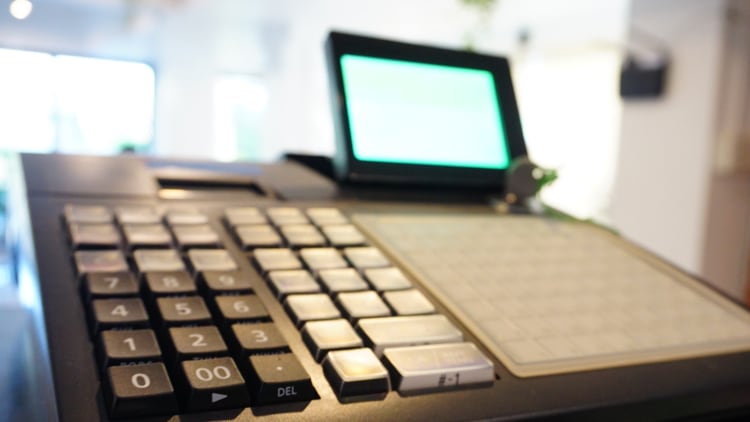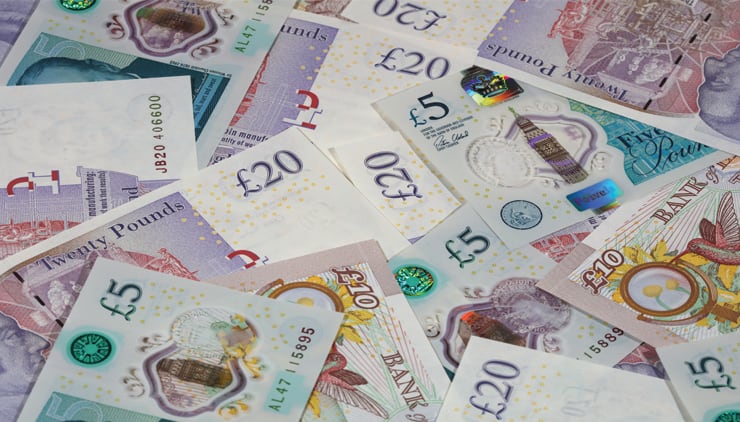Barclaycard data, which was carried out between 17 and 20 December 2018 and used data from 2,000 respondents, also found spending in restaurants was up by 9.1% as Brits continued to make the most of the festive period by dining out.
However, overall consumer spending grew 1.8% year on year in December – the lowest rate of growth since March 2016 and with inflation at 2.3%, this equated to a contraction in real terms.
Essential spending growth dipped to just 0.6% – the lowest figure since July 2016 – caused by a contraction in supermarket spending of 1.1%.
Non-essential expenditure saw a muted month, rising by 2% however, this was boosted by the strength growth from pubs and restaurants.
High street challenges
The high street continued to face challenges despite the festive season. Clothing spending saw its third consecutive month of negative territory, falling by 3%, while department store expenditure declined by 6.3%.
Spending in this sector remained subdued as shoppers cut back on clothing and balanced out their budgets when it came to Christmas time.
In the face of numerous reports of store closures and the challenges facing well-known high street brands, more than half of Brits (52%) said they wanted to support their local high street.
Furthermore, 38% said they were deliberately choosing the high street over online-only retailers, suggesting consumers want the high street to remain an important part of their local community.
Despite Brits’ good intentions to support their local economies, many remain concerned about their spending power.
Less confident
One in two consumers (49%) expect to cut back in January to cover the cost of Christmas, while 48% said they felt less confident about their personal finances in the coming year than they have done for many years.
Half (50%) of UK adults were concerned there may be a decline in the UK economy – up from 43% in the previous year.
Many shoppers are anticipating price rises over the next three months, particularly around the cost of fuel (65%), household utilities (66%) and groceries (72%).
Barclaycard director Esme Harwood said: “Growth in consumer spending dropped to its lowest level since 2016 and represents a decline in real terms.
“Many Brits were more modest in their approach to Christmas spending compared to 2017, cutting back on the essentials to balance the costs of the festive season.
“Despite a desire to support their local high street, Brits expect to cut back in January and remain cautious amid ongoing economic uncertainty.”




